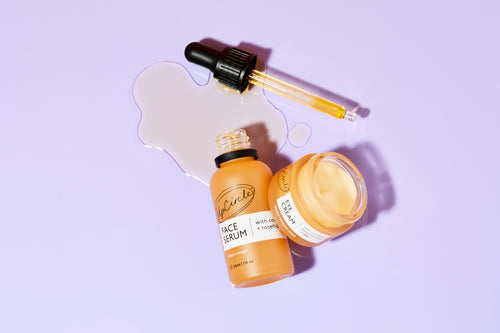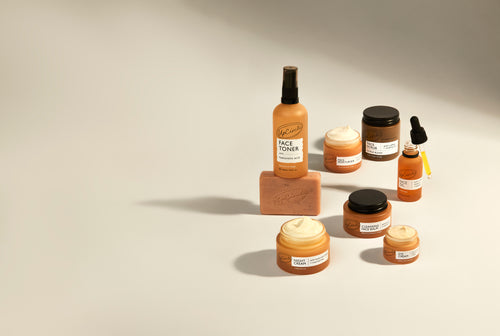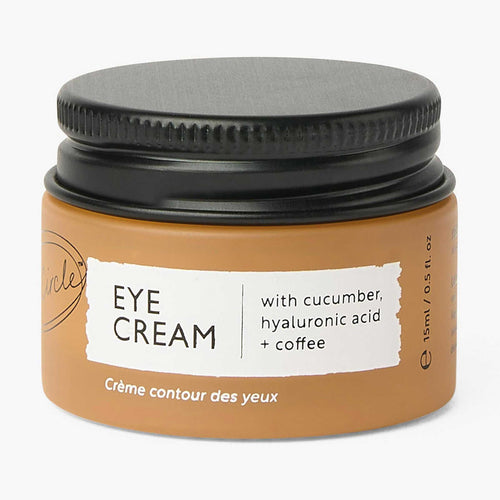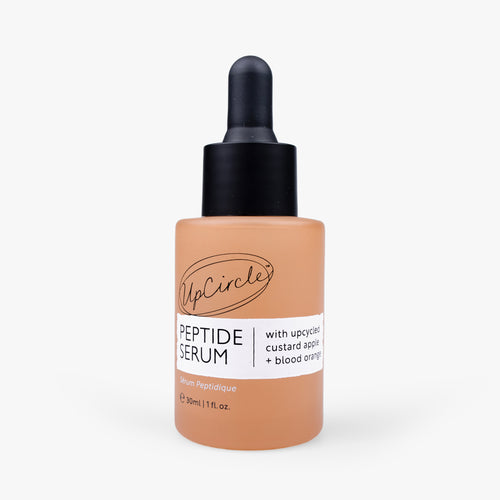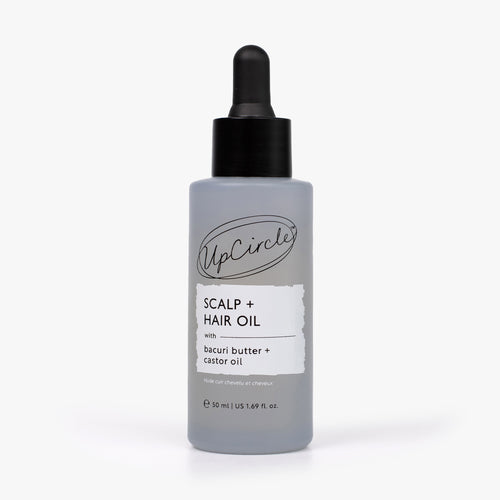Quality skincare that gives salvaged natural ingredients a new lease of life. We'll never compromise on our mission to leave the world better than we found it. That's the UpCircle promise.
UpCircle was founded on a simple (but ambitious) question: What if we could make skincare and haircare from things that would otherwise go to waste? Circularity - reusing, repurposing, reinventing - isn’t just part of what we do, it’s our everything. Our name. Our mission. Our reason for jumping out of bed in the morning.

